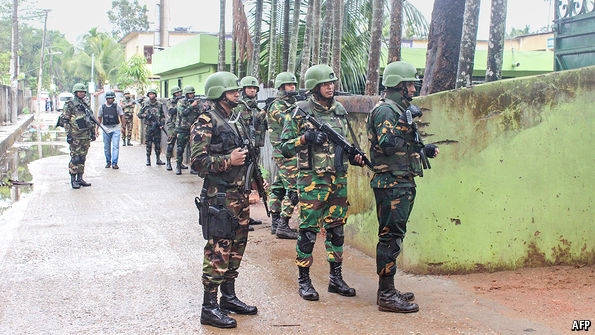By P.K.Balachandran/Daily News
Colombo, August 27: An inchoate group appearing in the crucible of the liberation war against Pakistan in 1971, the Bangladesh army was, for two decades, highly politicized and faction-ridden. So much as so that even the coups and counter coups of the 1970s and 1980s were staged by army factions rather than the whole army.
But circumstances made the army change its ways in the 1990s. After the resignation of last military dictator, Gen.Hussain Muhammad Ershad, in 1991, following a mass agitation, the army has been in the barracks, more or less.
Therefore, it was not surprising that the present Bangladeshi army under Gen.Waker-uz-Zaman did not seize power when a mass agitation swept the country to oust Prime Minister Sheikh Hasina in July-August this year.
In his paper: Genesis, Maturation and Distortion of the Bangladeshi Army Jeremie Codron describes the army’ progress from being a highly politicized group during the liberation war, to being a faction-ridden and power-hungry group for two decades after independence, and finally ending up as an apolitical professional force.
During the short but intense liberation war from March 25, 1971 to December 16, 1971, the Bangladeshi forces fighting against the Pakistani army, comprised the following elements: (1) A small body of Bengali defectors from the Pakistan army; (2) Many thousands of civilians who formed part of a host of Mukti Bahinis (independent groups of civilians who had taken up arms). (3) Some of these groups like the Mujib Bahini, fought alongside the Indian army when the latter entered the war to liberate Bangladesh. But others fought on their own, in their own way and with their own specific political and ideological goals.
Defectors from the Pakistani army (like the late Maj.Gen.Ziaur Rahman) who were professionally trained soldiers did not get along with the Mukti Bahinis (barring those floated by them). Generally, the professionals resented the high octane politics of the civilian fighters, such as those who were patronized by the Bangladesh government-in-exile located in Kolkata and those following Maoist ideas. .
Among the Mukti Bahinis there was another division between the Mujib Bahini (comprising fanatic loyalists of Sheikh Mujibur Rahman) and others. Left radicals were in opposition to all other groups.
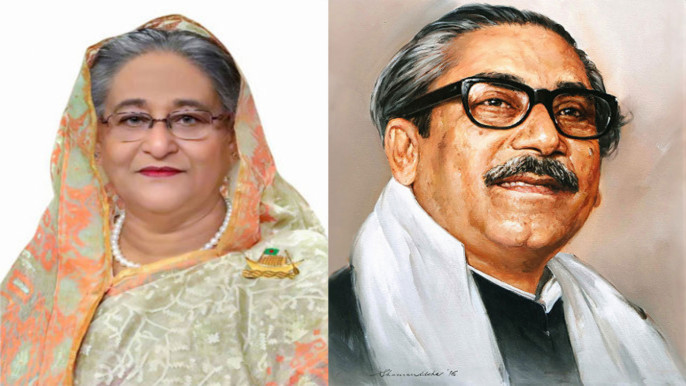
Defectors from the Pakistan army, anti-Mujib Bahini fighters and left radicals were all anti-India because they feared Indian domination both during the war and after.
When Mujibur Rahman became Bangladesh’s Prime Minister in January 1972, euphoria was high. But it was short-lived. Bangladesh lacked an established bureaucracy and the economy was in as shambles. Members of his party, the Awami League, became a law unto themselves, brazenly indulging in corruption and smuggling of essentials. The Left radicals were creating unrest among the peasantry.
Mujib asked the army to take strict action against the law breakers even his own Awami Leaguers. But when the army did so, he would baulk and release the Awami Leaguers.
By the end of 1974, Mujib had launched his own paramilitary force called Rakki Bahini, formed a new political party called Bangladesh Krishak Shramik Awami League (BAKSAL), made Bangladesh a one party state, and declared himself President.
Mujib had also stuffed the regular army with loyal “freedom fighters” of the Mujib Bahini, neglecting the claims of professional soldiers, even if the latter were freedom fighters. He particularly suspected the loyalty of the soldier repatriates from West Pakistan.
As a result of all these factors, a small group of junior officers assassinated Mujib on August 15, 1975, with the tacit support of the then Deputy Army chief Maj.Gen.Ziaur Rahman and the pro-US and anti-Indian cabinet minister, Khondaker Mushtaque Ahmad.
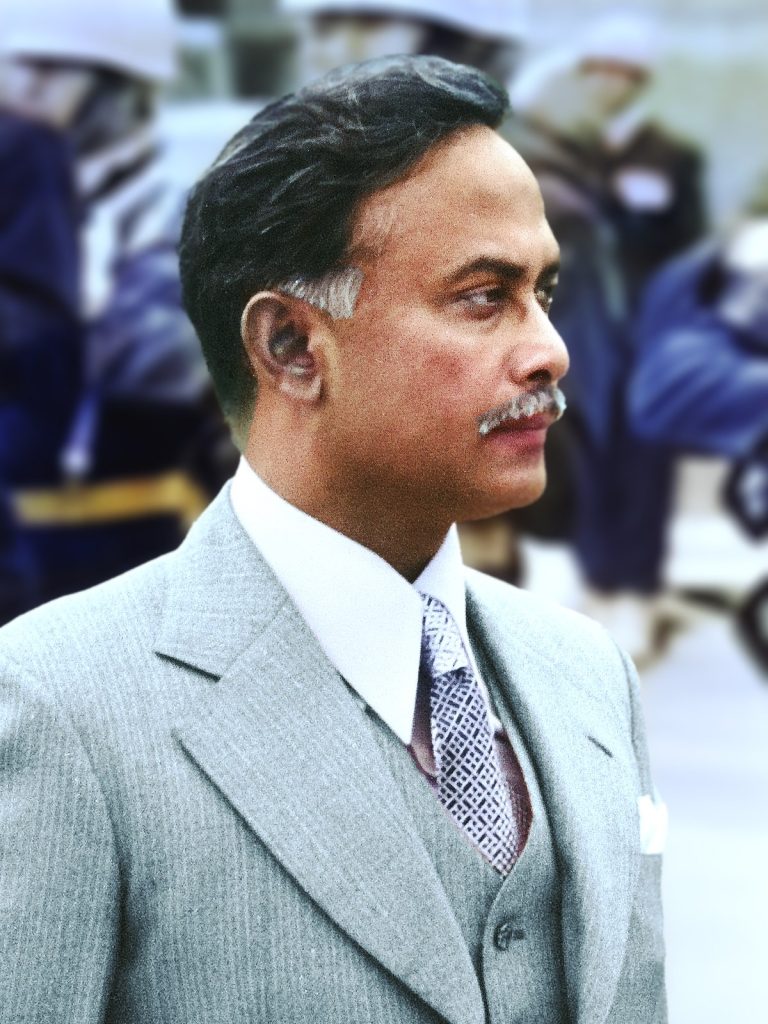
Khondaker was made President. But Maj.Gen.Khaled Mosharraf, who was anti-Zia and pro-India, toppled Khondaker. However, on November 7, Moharraf was killed by troops loyal to his rival, Gen.Ziaur Rahman and Khondaker.
In 1977, Zia took over the government from the then civilian martial law administrator A.S.M.Sayem. There was an attempted coup on October 2, 1977, staged by leftist army personnel who were angry ,with Zia for killing Colonel Abu Taher a leftist freedom fighter. But Zia was untouched as the bulk of the army was behind him.
Even so, Zia formed his own unit of 12,500 loyal men much in the fashion of Mujib. He also continued to be army chief and lived in the army camp (Cantonment) not in the President’s official residence.
Zia depoliticized the army by lessening the number of freedom fighters in it. The fresh inductees were told about a history of Bangladesh stressing continuities with Pakistan and differences with India.
Zia also offered facilities to retired officers to join the private sector or to start their own businesses. A system of frequent transfers of highly ranked officers disabled the old tendency to grow local roots and cultivate cliques. He kept increasing the salaries of all ranks to keep pace with inflation. In contrast to Mujib, Zia supplied the army with equipment, increasing the budget by 186% at one point.
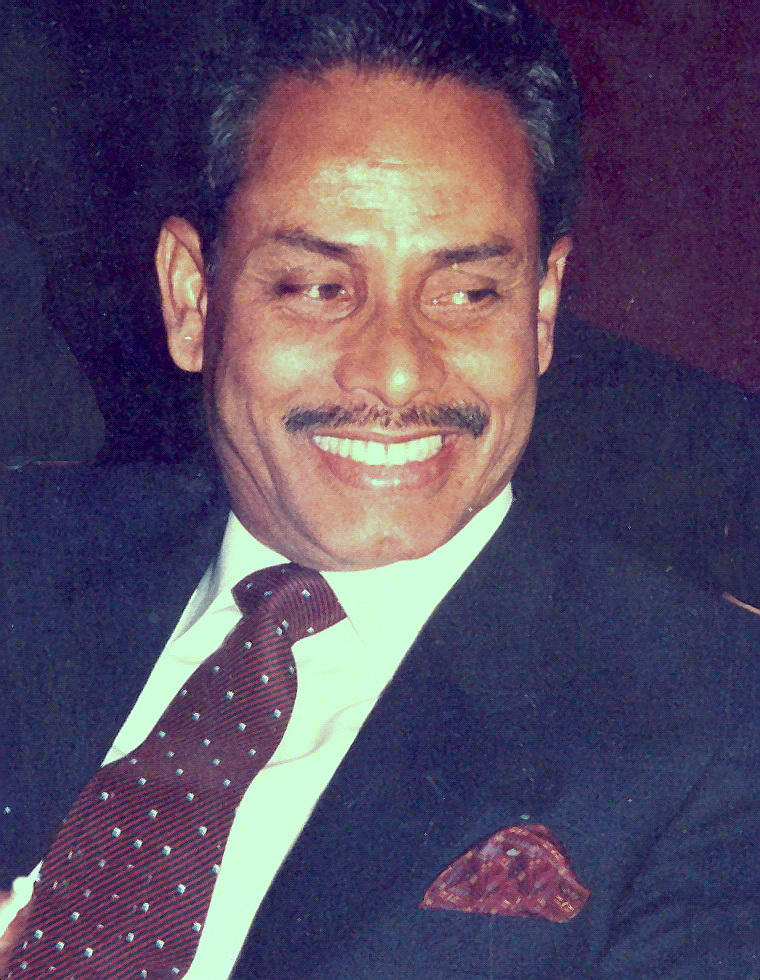
But Zia was killed in a military coup on May 30, 1981 in a guest house in Chittagong. His killers were against his authoritarian rule. After a short civilian interregnum, in March 1982, the then army chief, Gen.Hussain Muhammad Ershad, a friend of Zia’s took over the Presidency.
Ershad continued with Zia’s policies and started sending Bangladeshi soldiers to participate in UN peacekeeping operations, a practice which still continues. UN peacekeeping brings a lot of remittances in dollars.
“Soldiers thoughts turned from politics to making money and living well,” said senior Bangladeshi journalist Afsan Chowdhury.
The Bangladesh Armed Forces earned US$ 2.5 billion, participating in different UN peacekeeping missions abroad in the 23 fiscal years from 2000-01 to 2023, according to Dhaka Tribune.
Research scholars Rashed Uz Zaman and Niloy Ranjan Biswas say that the participation of the Bangladeshi armed forces in UN peacekeeping has produced positive benefits for civil–military relations in the country. “There is dialogue, accommodation and shared values or objectives held by the military, the political elites and society. The chances of military intervention in domestic politics has lessened.”
Like Zia, Ershad also encouraged army men to do business. Army societies are in various businesses including banks and five star hotels. In this aspect, the Bangladeshi army is like the Pakistani army though not to the same extent.
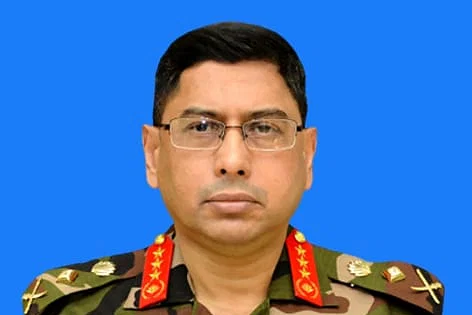
The five star Dhaka Radisson hotel – which offers guests use of the nearby deluxe army golf course – is owned by the Bangladesh Army Welfare Trust (AWT). In addition to a fast-food outlet aimed at the affluent classes in Dhaka, the army’s other big business is the Trust Bank. It has now grown into a fully-fledged commercial bank.
The Civil Defense Force runs the Bangladesh Ansar and Village Defense Party Bank – known as the Ansar VDP Bank. Ice-cream in the rural areas is sold by the army’s Sena Kallyan Sangstha (Army Welfare Oraganization). Among other things, SKS owns concerns in food, textiles, jute, garments, electronics, real estate and travel.
Where Ershad erred, was when he sought the formal incorporation of the army in the country’s administration. Army men were in civilian jobs all over. This, combined with the army man’s penchant for authoritarianism, made Ershad very unpopular. Like Mujib before and Sheikh Hasina later, he used thugs of his Jatiyo Party to thrash opponents.
He was overthrown by a joint mass movement ked by Sheikh Hasina’s Awami League, Khalida Zia’s Bangladesh Nationalist Party and the Jamaat-i-Islami in 1991.
The army has been in the barracks since Ershad’s exit. It has come out on occasion to quell riots, but always went back. When Sheikh Hasina was facing a severe agitation this year, the army declined to quell the agitators with force. But, politely and firmly, Gen.Waker-uz-Zaman urged Hasina to go to India. He had worked out an arrangement with India for her flight.
He could have grabbed power, which was a low hanging fruit at that time. But Gen.Zaman let civilians fill the political vacuum.
According to senior journalist Afsan Chowdhury, given the many advantages of participating in UN peacekeeping operations, the army did not alienate the Western world by imposing military rule.
The possibility of American sanctions must have been considered before Gen. Zaman backed the agitating students’ demand that the Bangladesh President form a Council of Advisors with Nobel Laureate Dr.Muhammad Yunus as head.
Indeed, the Bangaladesh army has come a long way from its chaotic and blood-soaked past marked by individual rivalries and impetuousness rather than professionalism.
END
























































